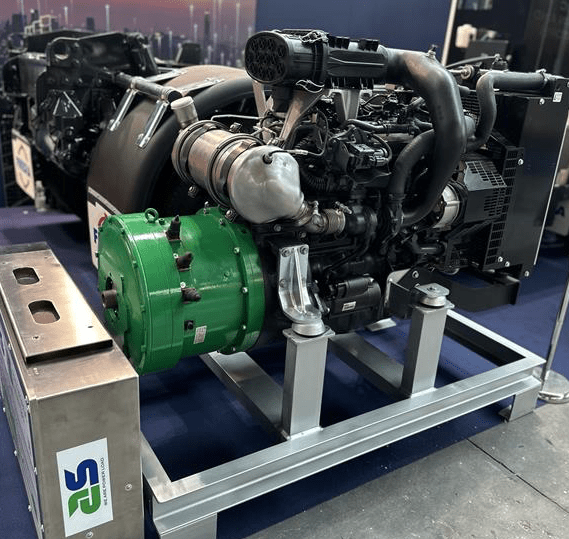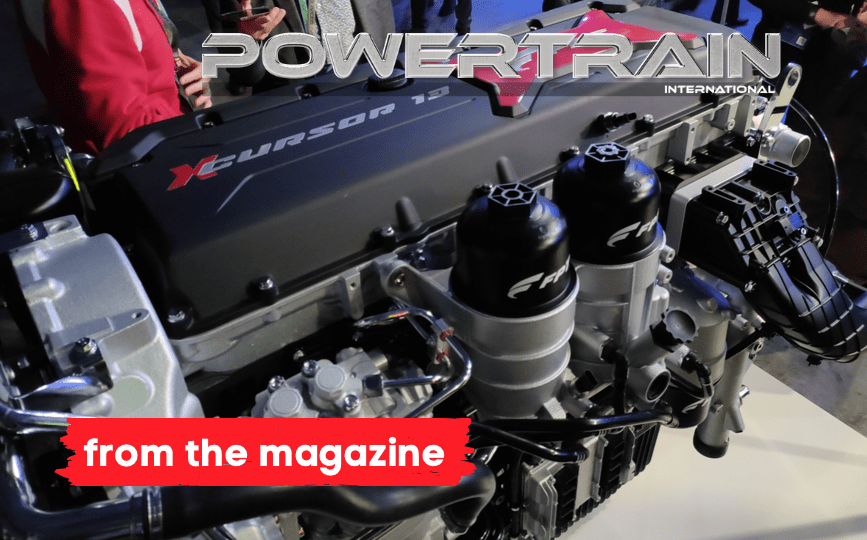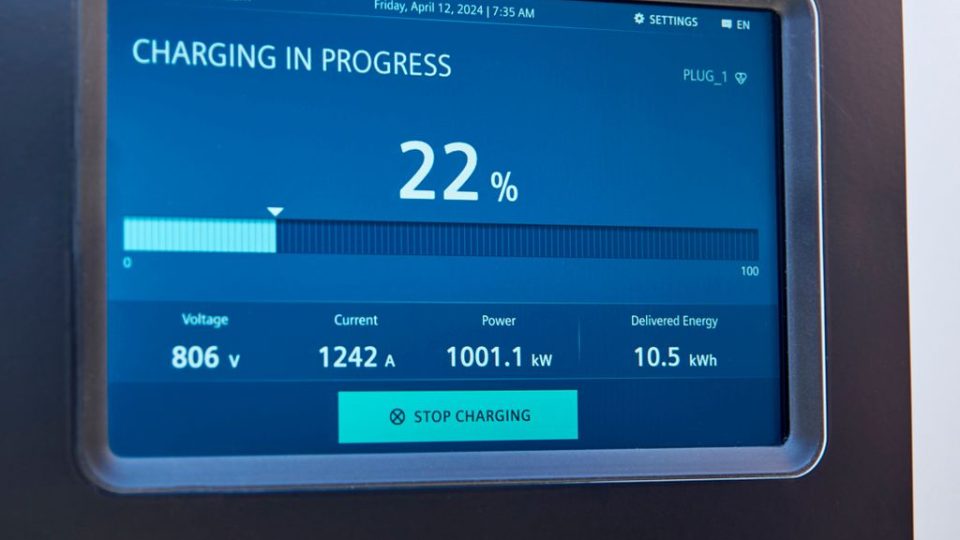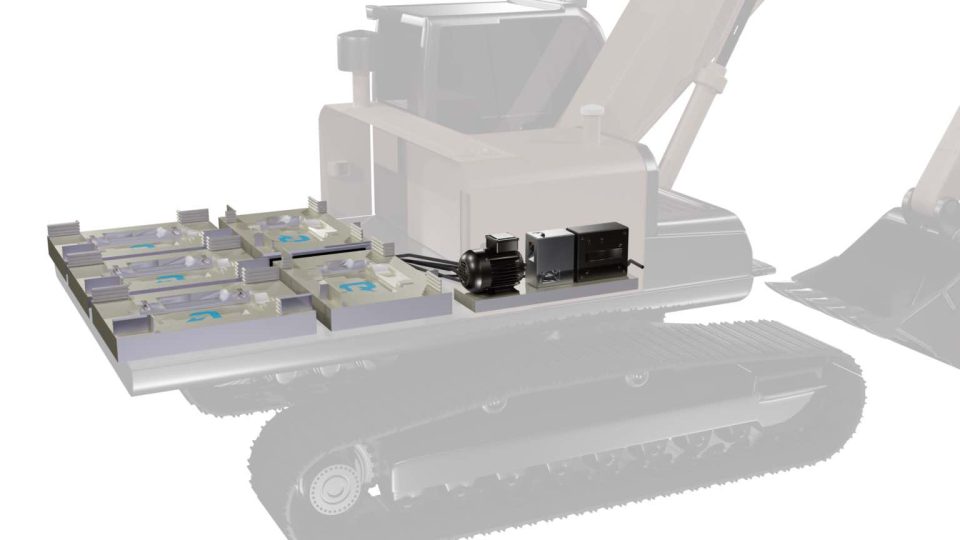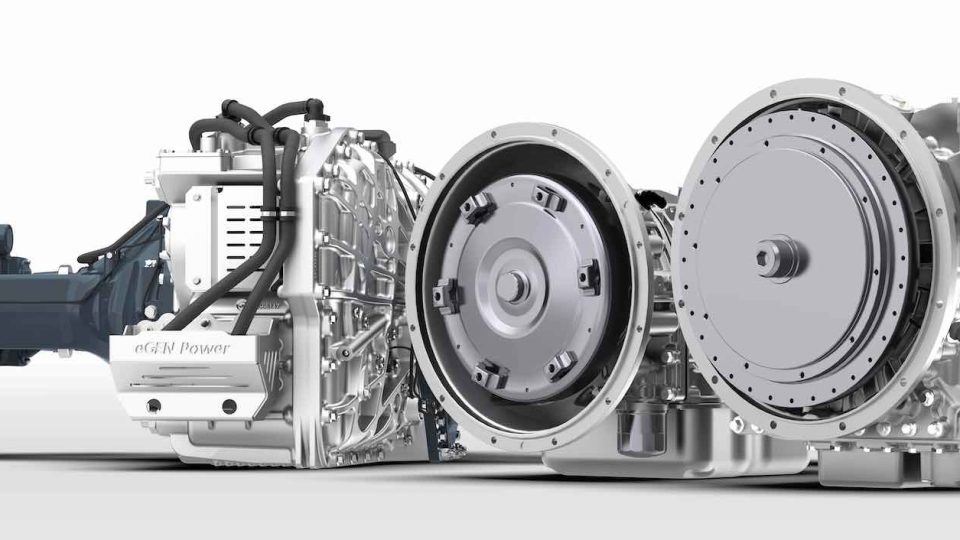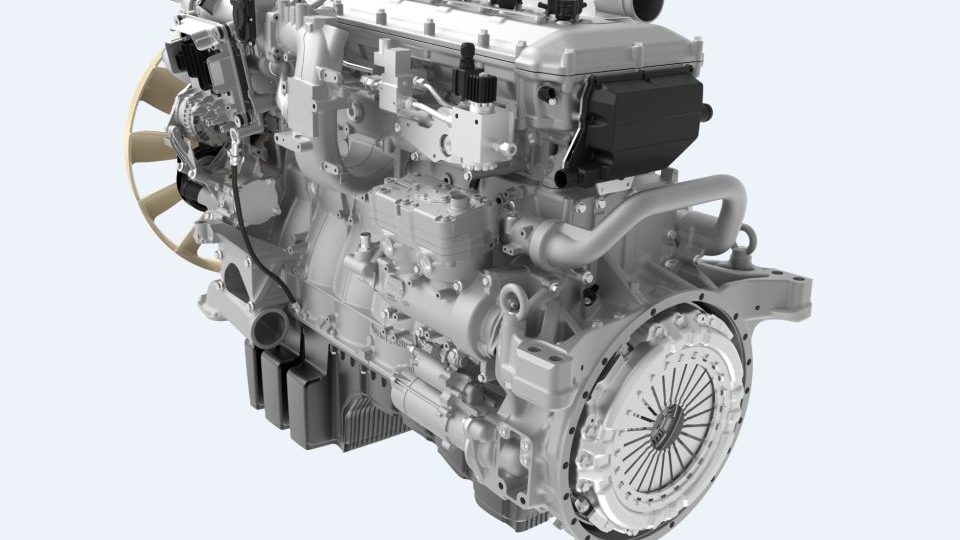Volvo Energy. The Volvo Group electrification Business Unit
Volvo Energy. The Volvo Group Business Unit electrification. Cummins did it, Deutz did it, FPT Industrial did it, all the engine manufacturers are doing it. It’s inevitable, especially when you’re talking about a group that has its score business in road applications. Volvo has had to gear up to accelerate its electrification roadmap, which has paid […]
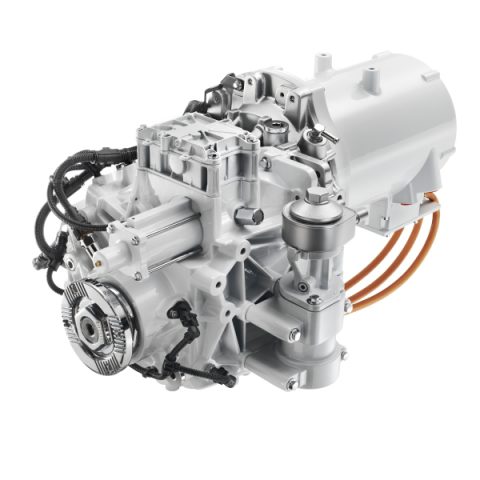
Volvo Energy. The Volvo Group Business Unit electrification. Cummins did it, Deutz did it, FPT Industrial did it, all the engine manufacturers are doing it. It’s inevitable, especially when you’re talking about a group that has its score business in road applications. Volvo has had to gear up to accelerate its electrification roadmap, which has paid the pandemic price. This is how Gothenburg explains the creation of this business area.
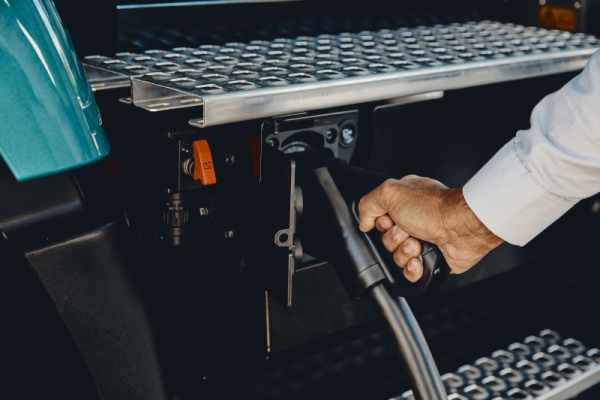
Volvo Energy
«There is a great and growing interest for electric vehicles and machines among our customers. This is of course very positive as it accelerates the transition towards more sustainable transport solutions. Our ambition is to offer our customers the most competitive solutions when it comes to electrification, including batteries and charging infrastructure. With Volvo Energy, we are taking a holistic view of the entire life cycle, which benefits both our customers’ business and society as a whole», says Martin Lundstedt, President and CEO.
Already today, the Volvo Group’s offer of electric vehicles and machines ranges from city buses and trucks for waste management, construction and urban distribution to compact excavators and loaders. The roll-out of additional, electric vehicles and related services will continue with high pace and later this year, it will also include e.g. heavy-duty trucks for regional transports or construction. Volvo Energy will be a business area with full profit and loss responsibility. It will have both an internal role, providing batteries and charging solutions to the Volvo Group’s other business areas, and an external role, offering used, remanufactured and refurbished batteries to customers for use across different applications. Volvo Energy will also carry the Group’s responsibility for hydrogen infrastructure solutions for fuel cell electric vehicles. Collaborations with various business partners and actors across the ecosystem will be key. Commercial vehicle batteries will be used for many years in the vehicle before they need to be replaced or remanufactured/refurbished. However, if completely new batteries are fitted to the vehicle, the used ones will generally still have considerable life left to offer, which makes them ideal for energy storage purposes in for example buildings or in green energy production. Repurposing these batteries therefore mean that natural resources are conserved. «With Volvo Energy, we are further increasing our focus on this important area. We are also giving vehicle batteries a second life, which is both a business opportunity and a way to contribute to the creation of a circular economy and a fossil free society», says Martin Lundstedt.
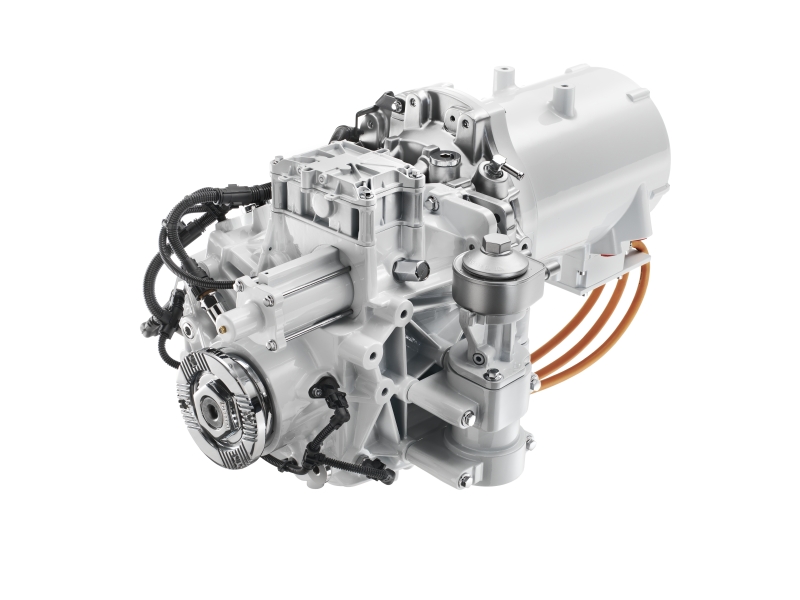
Focusing on trucks
Joachim Rosenberg, member of the Volvo Group Executive Board and Chairman of UD Trucks, will head the new business area. Starting in February 2021, he will lead the effort to create Volvo Energy while also continuing to run UD Trucks and preparing the transfer of UD Trucks ownership to Isuzu Motors as part of the previously communicated strategic alliance between the Volvo Group and Isuzu Motors.

